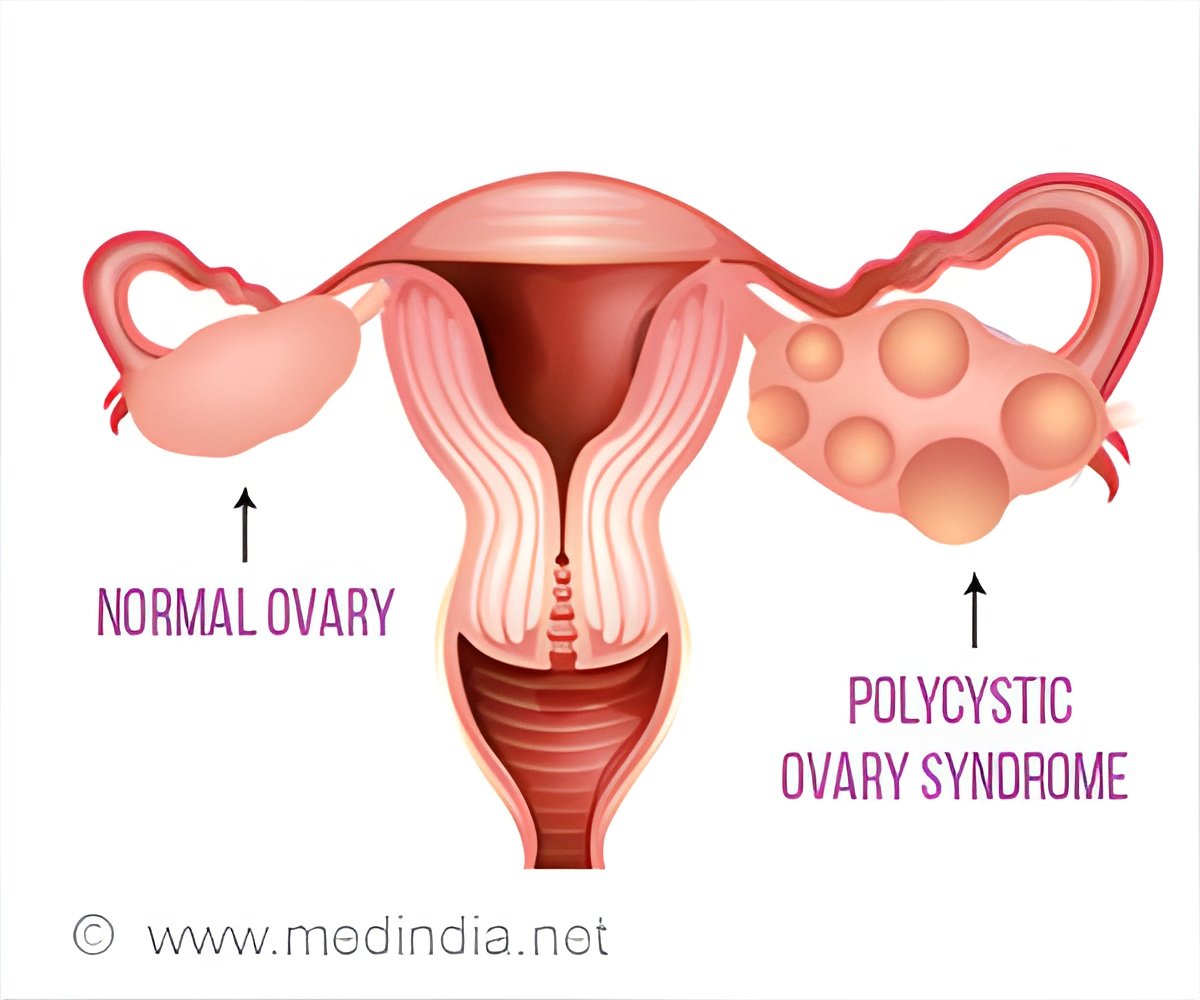
Polycystic Ovary Syndrome (PCOS): Statistics
In the United States, an estimated 5 to 6 million women have PCOS, but the disorder is still underdiagnosed. Women are diagnosed with PCOS if they have two of the following criteria: androgen excess (excess male sex hormones such as testosterone), ovulatory dysfunction and polycystic ovaries. “Our study found geographical differences in PCOS in Black and white women, suggesting there are both genetic and environmental influences on how this disease manifests,” said Margareta D. Pisarska, M.D., of Cedars-Sinai in Los Angeles, Calif. “Ongoing research is needed to identify modifiable risk factors for PCOS that may be race and ethnicity-specific to bring precision medicine to the management of this disease.”PCOS Incidence Among Black and White Women
The researchers compared data from 1,610 Black and white women with PCOS in Alabama and California. They found regional differences in the way these women met criteria for the diagnosis of PCOS and in symptoms associated with PCOS, with some variations among Black and white women.‘PCOS affects 7–10% of women of childbearing age and is the most common cause of infertility.’
Tweet it Now
Overall, there were many similarities among the races. Women with PCOS in Alabama were more likely to have excessive hair growth and insulin resistance, whereas women with PCOS in California were more likely to have higher levels of testosterone. “Since we have now identified that there are geo-epidemiologic differences, we intend to do follow up studies comparing black and white women with PCOS, controlling for geo-epidemiologic differences,” Pisarska said. “Furthermore, we are trying to look at factors that are contributing to these differences in order to tailor treatments based on specific needs for improvements in care for all women with PCOS.”
Other authors of this study include Katherine VanHise, Jessica L. Chan, Sahar Wertheimer, Roy G. Handelsman, Ekaterina Clark, Rae Buttle and Erica T. Wang of Cedars-Sinai Medical Center; and Ricardo Azziz of the University of Alabama at Birmingham in Birmingham, Ala. and the University of Albany, SUNY, in Albany.
The study received funding from the National Institutes of Health and Helping Hand of Los Angeles, Inc.
Source-Eurekalert











